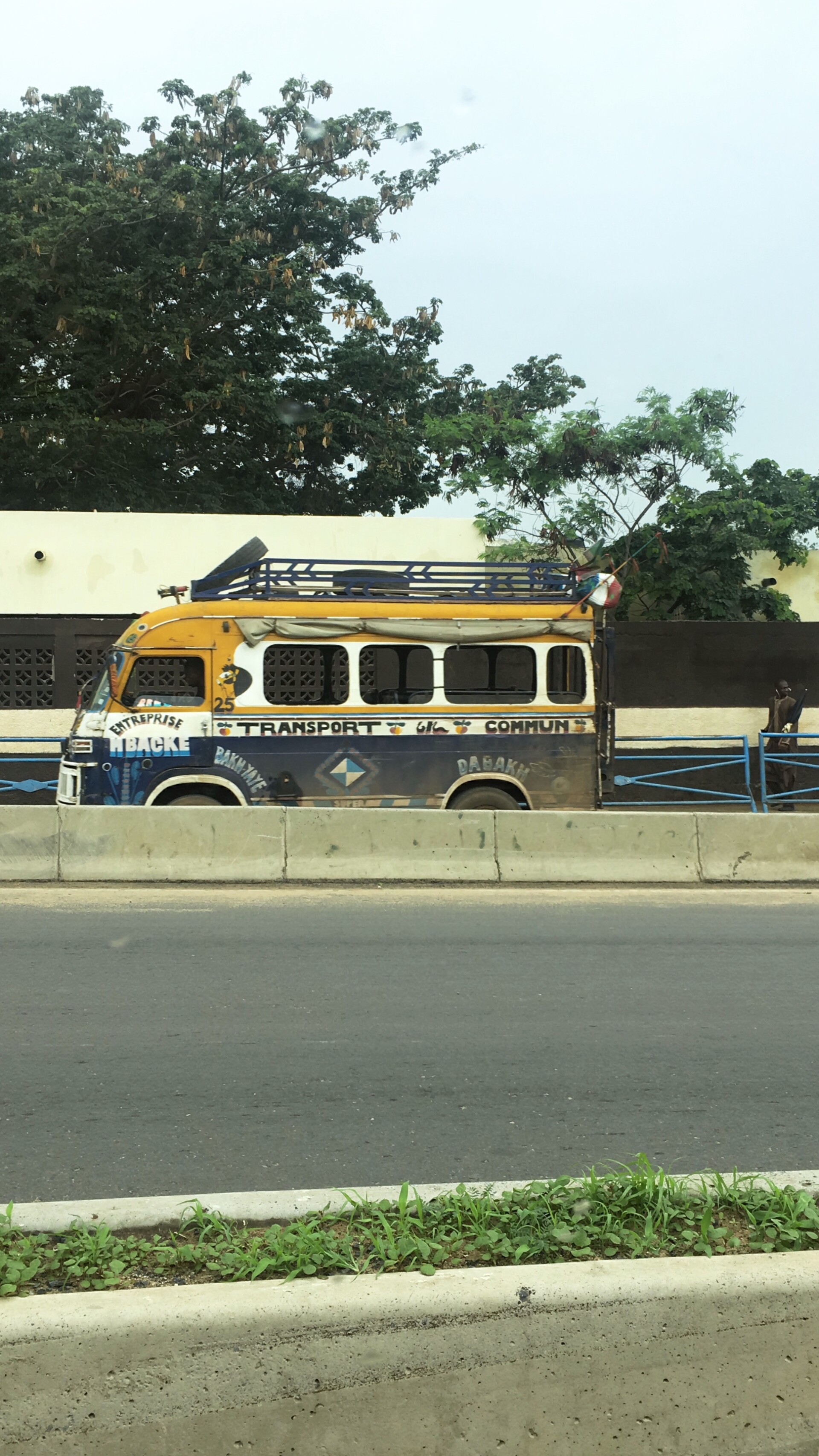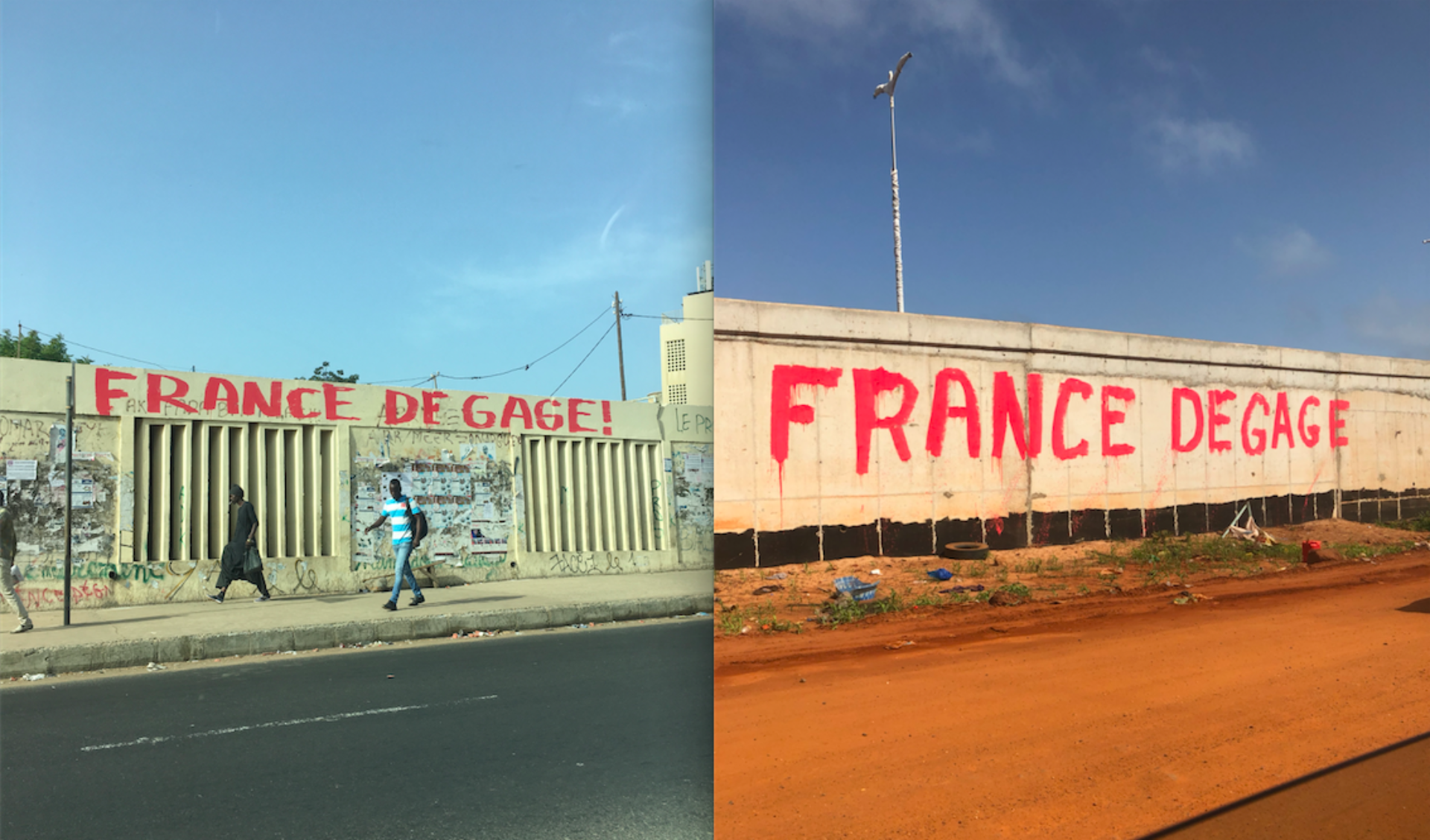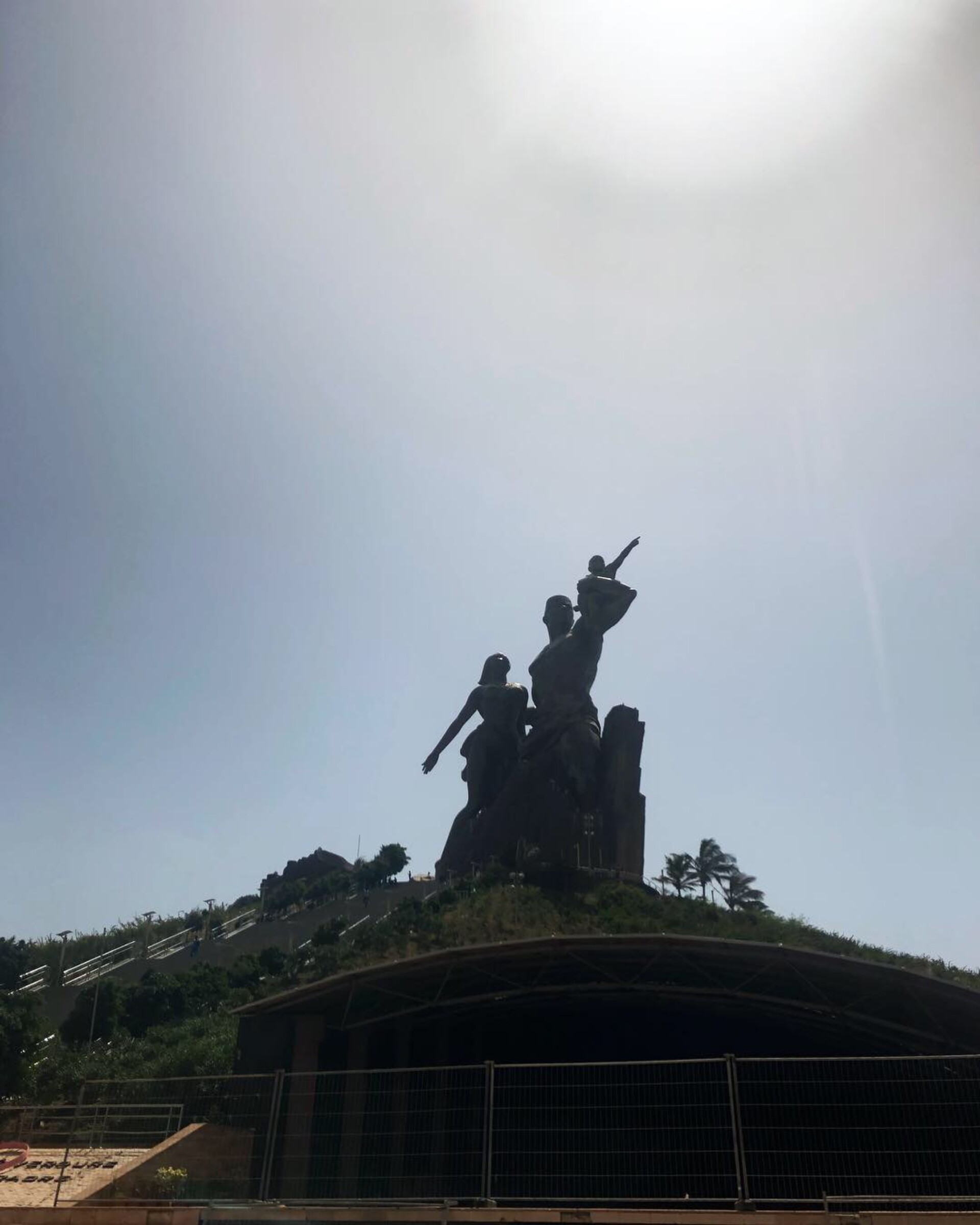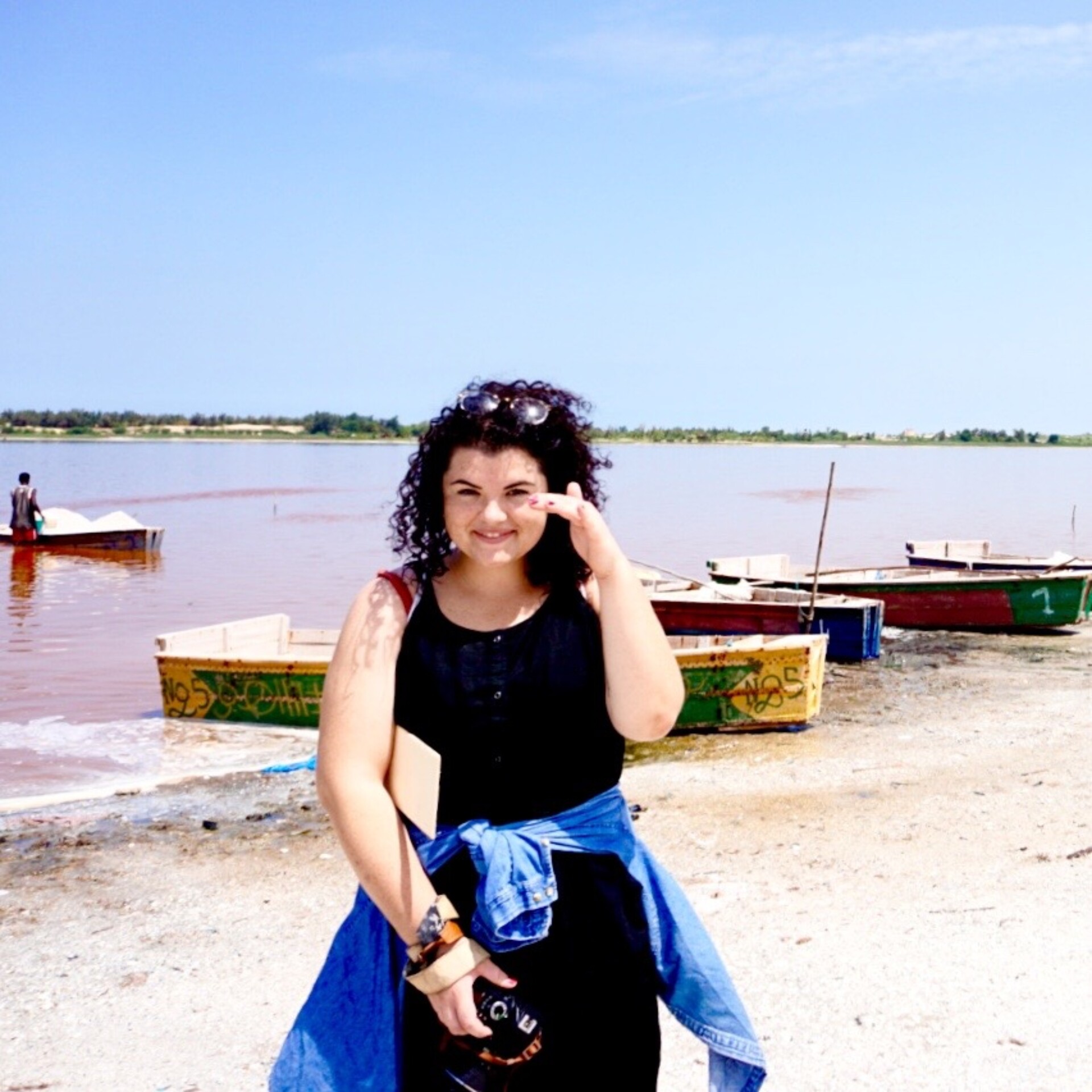
Dakarmic Conjectures

As the first of my blog post assignments, I think it’s important to ground this, and any future discussions of development issues, in context. I have been in Dakar for almost two months working for Banlieue Actionne Solidarité Immobilier Finances (BASIF). BASIF is a social enterprise that seeks to reduce unemployment in Guediawaye and provide equitable access to economic participation in Dakar.
Before starting this eight-month adventure, I was nervous that having done research ahead of time and having had several years of experience living in west Africa might cause casual inferences that would keep me from experiencing Senegal for exactly what it is. Because I so love self-contradiction, I will say that I believe it is inescapable for someone to process life without some kind of a developed experiential, cultural, or deontological framework. At the same time, I think it has been a rewarding goal to put aside my lens, as much as possible, and learn with the eyes of a child.
I have been welcomed wholeheartedly into communities and homes which I have come to learn is truly demonstrative of Senegalese culture. Between popping malaria pills and trying not to accidentally become engaged to taxi drivers who “…love big women!”, I am thrilled by my work assignments, finding countless opportunities for adventure, and learning essential survival skills.
For example, if you are friendly enough, most taxi drivers are happy to give free Wolof or Pulaar lessons with every ride. Navigating through Dakar traffic in taxis or ‘car-rapides’ makes my morning commute as thrilling and frightening as white-water rafting.

I have also learned that properly greeting people is very important. One must say hello to everyone present in every room, group, or restaurant, and ask how they are in as many different ways and languages as possible. “Saalam Malekum? Nanga def? How are you? Bien dormir ? The family? The house? Health? Affairs?” Followed by, “ca va?” four or five times, back and forth, just for good measure. It is necessary to set aside anywhere between four to ten minutes in every business meeting, phone call, or social encounter, just to properly greet each other. What a simultaneously beautiful and tedious custom.
I am slowly improving my communication skills in the three most common languages: French, Wolof, and bartering. As I talk with friends and colleagues, I’m learning that almost any ailment or slight discomfort here is indisputably caused by either an overabundance or a deficit of something in your life. Last month I had a headache and was given the following prescriptions from three separate people: less sleep, more water, and a husband… The latter seems to be the most common cure for whatever ails a young lady.
Gaining my footing in this lively, complex, beautiful city has consisted of many small, practical adaptations to things like food, language, and pace of life. However, and more significantly, I have been trying to figure out the implications and significance of my presence here as a young female toubab coming from a place of privilege into a country so presently impacted by its colonized past. Familiarizing myself with Senegal’s history and politics, is important not only as a student of development but in trying to be a contentious citizen in a globalized world.
One afternoon, I was strolling through the heat with tonton Modou, a colleague and a dear friend, on our way to the post office. I made casual reference to an influential French corporation in Dakar and this instantly sparked a passionate dissection of Senegal’s political economy. Modou explained how the country is reliant on foreign aid and foreign investment and how, consequently, elections are never truly democratic. Any federal candidate opposed to the current system of a controlled economy is hurriedly squashed by those with the most power [read: the most to lose].
I thought back to the dripping, blood-red painted letters can be seen under overpasses and on Dakar’s innumerable building projects. They scream, “FRANCE DEGAGE” -the not-so-subtle observation that colonialism has never truly ended.

Modou is a man worried for his country, where it is easier to start a business as a foreigner than as a local, where it’s resources are used for the profit of other nations and where there is no clear path out of this structure. However, he is also a man who holds hope in the large, upcoming generation of motivated youth.
With his optimism in mind over the next week, I took special notice of what lay behind the controlled political economy and cultural pollution. Senegal has a strong national and social identity and a determined goal of self-assertion. Ideals which are proclaimed in the grandest of methods, like the intention (the execution is a whole other blog post) behind the African Renaissance Monument, and on the smallest, daily levels, in language and conversation.

Wolof is not only the language spoken across the country, but it’s an alternative to French, or, what Modou called “the imposed language of Senegal”. It seems as though Wolof is often used as a political statement. I have seen how business meetings and greetings have been strategically opened and closed in Wolof, with the full knowledge that key parties (including those playing a role much more important than my lowly intern position) do not speak it. It is a powerful assertion of identity and sovereignty.
There exists an uneasy stasis between the nation’s self-determination and its reliance on foreign aid and investment. I am certain that it is not only Modou and I who are left with the (semi-rhetorical) question- on this platform of dependancy, is it actually possible for sovereignty to exist? Truly an important question to keep in mind through the course of my mandate and as I work with BASIF.
Because I have started my placement at the debut of two pilot projects that target economic growth in Dakar, there are plenty of assignments for me, and I have already had many opportunities to do work that would not be available to me otherwise. It is exciting to be a part of something new and ambitious.
I am looking forward to seeing what the rest of my eight months have in store!

